How Does Google Use Artificial Intelligence?
13 August 2021
Every time you search for something in Google, artificial intelligence is working behind the scenes to generate responses to your query.
A deep learning system called RankBrain has changed the way the search engine functions. In many cases, RankBrain handles search queries better than traditional algorithmic rules that were hand-coded by human engineers, and Google realized a long time ago that AI is the future of their search platform. AI will try to understand exactly what we are searching for and then deliver personalized results to us, based on what it knows about us.
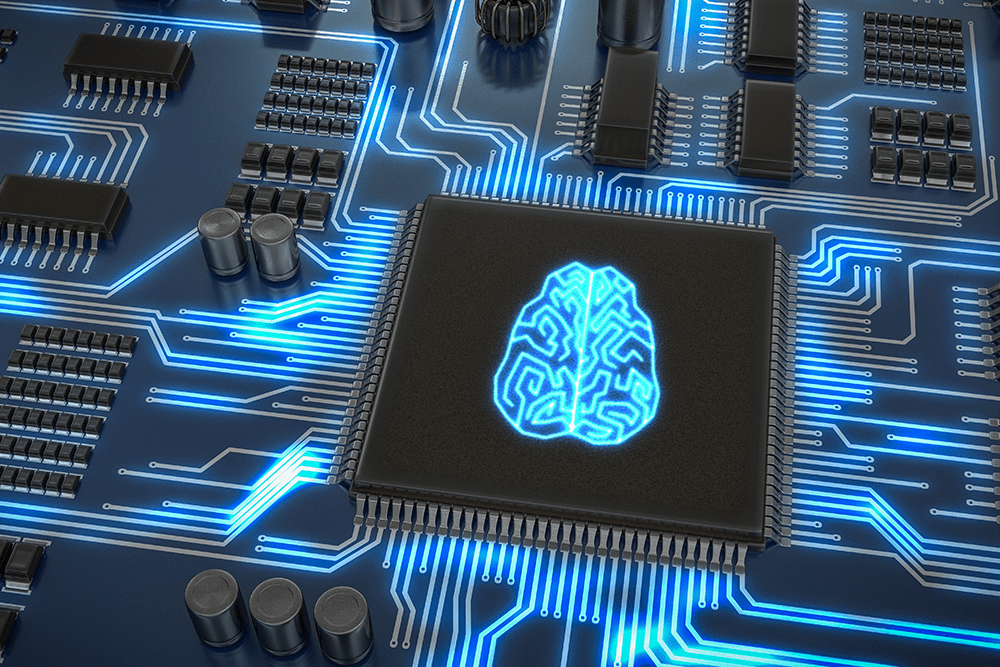
You may not realize it, but AI is already deeply integrated into many of the Google products you are using today. Here are a few examples:
“Hey, Google…”
Google Assistant is an AI-powered voice assistant for smartphones, smart home devices, cars, televisions, and wearables. Just like other virtual assistants, Google Assistant can manage your calendar, check the weather, play your favorite music, and find nearby restaurants to satisfy your culinary cravings.
So much of virtual assistant technology hinges on the assistant being able to understand what you’re saying, so Google is using machine learning to reduce language hiccups that can be frustrating for users.
For instance, your Google Assistant can learn how to accurately pronounce your contacts’ names without needing to record your voice. AI also helps Assistant understand context and process words in relation to all the other words in a sentence, so it can respond with almost 100% accuracy to things like alarm and timer commands.
AI and machine learning are also helping Google improve the quality of your conversations you can have with your trusted sidekick. Google Assistant uses your previous interactions to understand context and respond with appropriate follow-up questions, so you can have more natural, back-and-forth conversations.
Finding Your Way with Artificial Intelligence
Navigation has also been transformed by artificial intelligence. Using historic location data and recent search queries, Google Maps’s Driving Mode already anticipates your destination and helps you navigate there using the quickest route possible.
Recently, Google announced it is rolling out a new series of AI-powered updates to Google Maps, including Live View, a feature that integrates augmented reality to help people go in the right direction. This feature uses billions of Street View images to understand where you are in relationship to the buildings and landmarks all around you, so it can point you the right way.
Very soon, Google will also be able to help you decrease your carbon footprint by delivering more eco-friendly directions based on road congestion and incline, or showing ways to get to your destination by biking or using public transportation.
AI for Early Quake Detection
Google recently announced that its Android-based earthquake detection system will now be available in New Zealand and Greece.
Google uses AI to analyze waves generated by quakes, then sends alerts to users in affected areas. The system originally launched in California, and is also currently available in Oregon and Washington in the U.S.
All Android phones are equipped with ground movement sensors that can act as “mini seismometers” that can sense when quakes are about to happen and warn people in the area, giving them time to take shelter.
Putting AI at the Center of Google
Google says, “Our mission is to organize the world’s information and make it universally accessible and useful. AI is helping us do that in exciting new ways, solving problems for our users, our customers, and the world.”
In our everyday lives, AI-based Google products are making it easier for us to do things like searching for photos and finding the hours of our favorite restaurants – and Google will continue to use AI to stay on the leading edge of today’s technology.
Related Articles
The Important Difference Between Agentic AI And AI Agents
By now, “smart” versions exist of just about every home appliance, gadget and gizmos we can think of. However, manufacturers continue[...]
Why Trust Is The Missing Ingredient In Your AI Strategy
By now, “smart” versions exist of just about every home appliance, gadget and gizmos we can think of. However, manufacturers continue[...]
Forget ChatGPT: Why Agentic AI Is The Next Big Retail Disruption
By now, “smart” versions exist of just about every home appliance, gadget and gizmos we can think of. However, manufacturers continue[...]
OpenAI’s GPT-5 Is Coming: Here’s What We Know So Far
By now, “smart” versions exist of just about every home appliance, gadget and gizmos we can think of. However, manufacturers continue[...]
6 Powerful AI Prompts That Will Help You Learn And Ace Exams (Without Cheating)
By now, “smart” versions exist of just about every home appliance, gadget and gizmos we can think of. However, manufacturers continue[...]
5 Fatal GenAI Mistakes That Could Destroy Your Business In 2025
By now, “smart” versions exist of just about every home appliance, gadget and gizmos we can think of. However, manufacturers continue[...]
Sign up to Stay in Touch!
Bernard Marr is a world-renowned futurist, influencer and thought leader in the fields of business and technology, with a passion for using technology for the good of humanity.
He is a best-selling author of over 20 books, writes a regular column for Forbes and advises and coaches many of the world’s best-known organisations.
He has a combined following of 4 million people across his social media channels and newsletters and was ranked by LinkedIn as one of the top 5 business influencers in the world.
Bernard’s latest book is ‘Generative AI in Practice’.




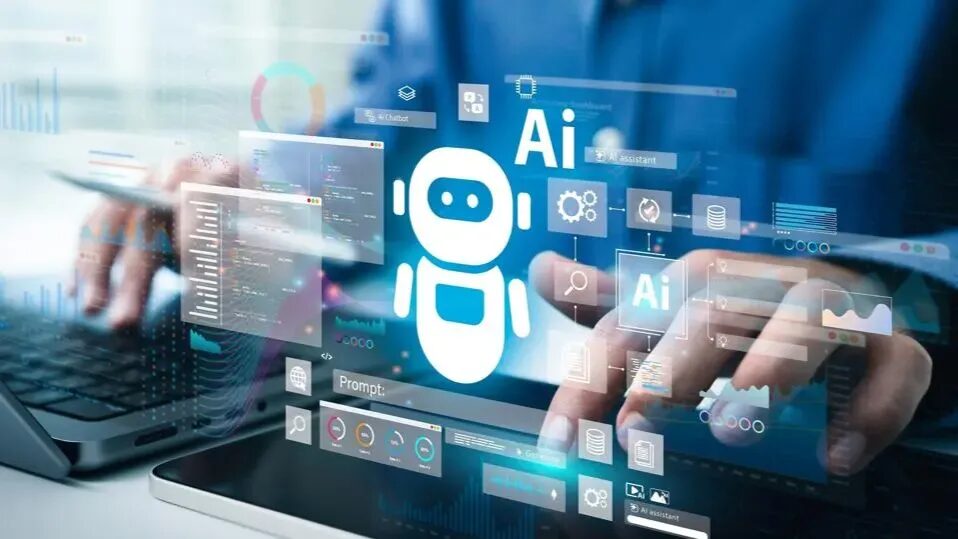

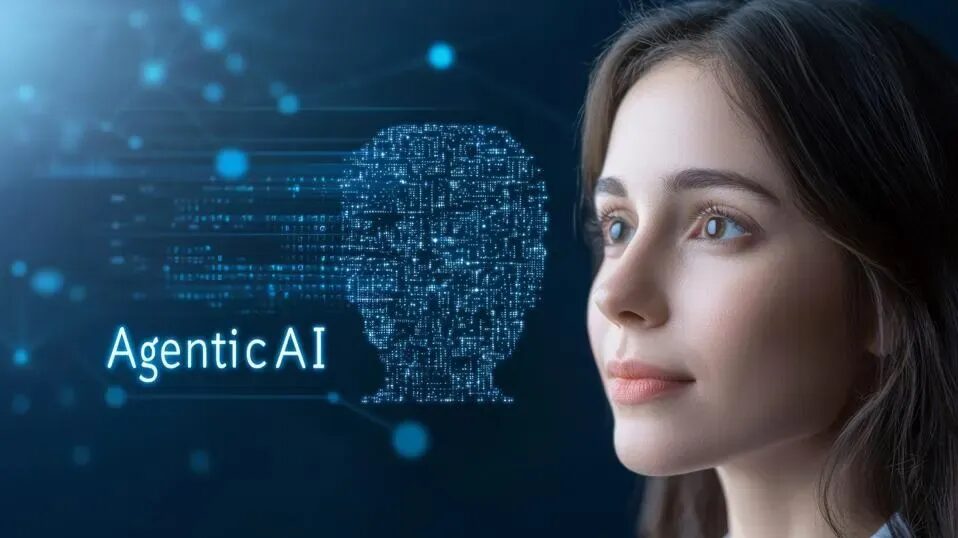
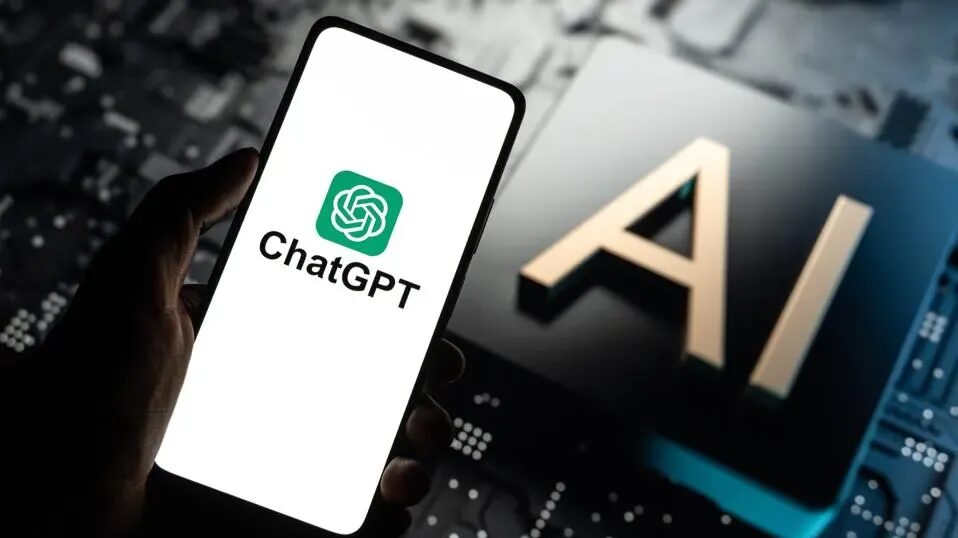
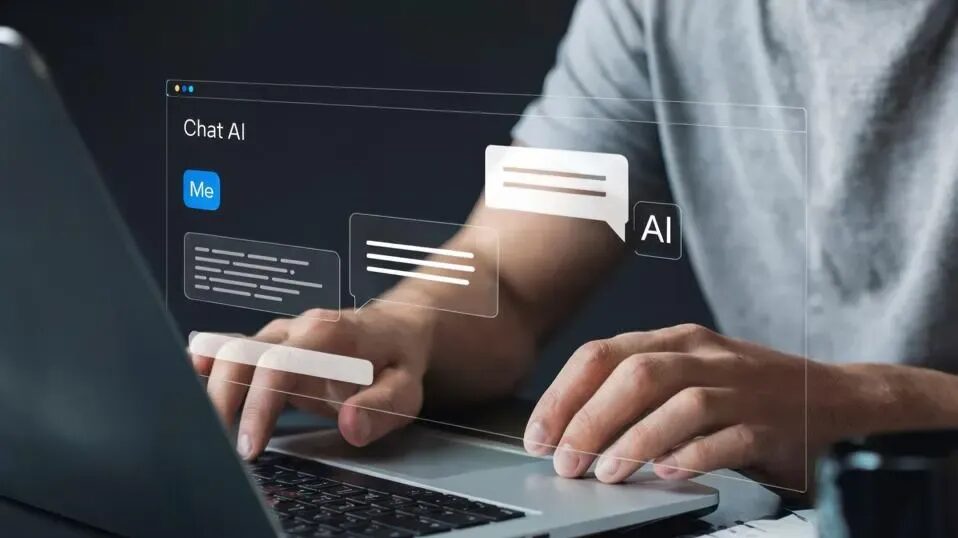

Social Media